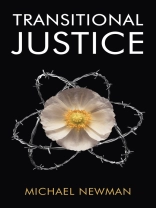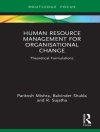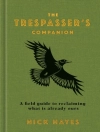What should be done after the end of a repressive regime or a civil war? How can bitter divisions be resolved in a way that combines reconciliation with accountability?
In this book, Michael Newman accessibly introduces these debates, outlining the key ideas and giving an overview of the vast literature by reference to case studies in such places as South Africa, Cambodia and Sierra Leone. While recognising that every situation is different, he argues that is vital to contend fully with the past and address the fundamental causes of mass human rights abuses.
A readable overview for those coming to the subject of transitional justice for the first time, and food for thought for those already familiar with it, this book is invaluable in areas ranging from politics and international relations to peace and conflict studies, law, human rights and philosophy.
Tabella dei contenuti
* Contents
* Acknowledgements
* Preface
* Chapter One Introducing Transitional Justice
* Origins and Development
* Defining and Conceptualising Transitional Justice
* Chapter Two Mechanisms and Approaches
* Introduction
* Prosecutions and Trials
* Purges, Vetting and Lustration
* Amnesties
* Truth Commissions
* Reparations and Redress
* a) Material Reparations
* b) Symbolic Reparations
* Traditional Informal Justice
* Concluding Remark
* Chapter Three Does it Work? Evaluating Transitional Justice
* Empirical Evaluations of the Impact of TJ
* Truth Commissions
* International and ‘Internationalised’ Criminal Justice
* Concluding Remarks
* Chapter Four Specific Perspectives on Transitional Justice
* Victim Perspectives
* Feminist and Gendered Perspectives
* Concluding Remarks
* Chapter Five Transitional Justice Today and Tomorrow
* Debates and Critiques
* New Challenges
* a) The Cultural Sphere
* b) Climate Change and the Environment
* c) Transitional Justice in Established Liberal- Democracies
* Conclusion
* Notes
* Bibliography
* Index
Circa l’autore
Michael Newman is Emeritus Professor of Politics at London Metropolitan University and a Jean Monnet Professor of European Studies. He currently teaches at New York University, London.












